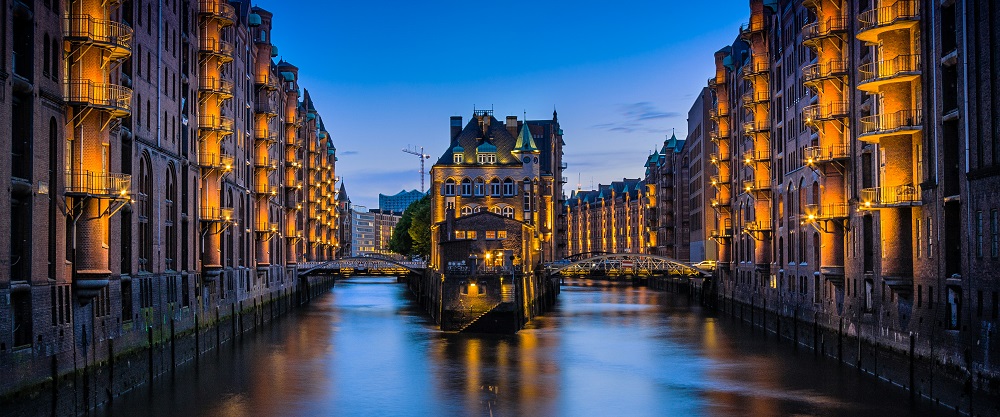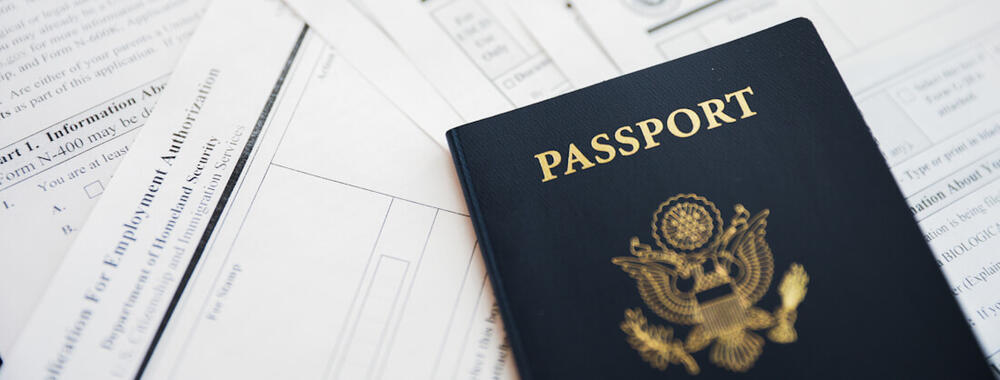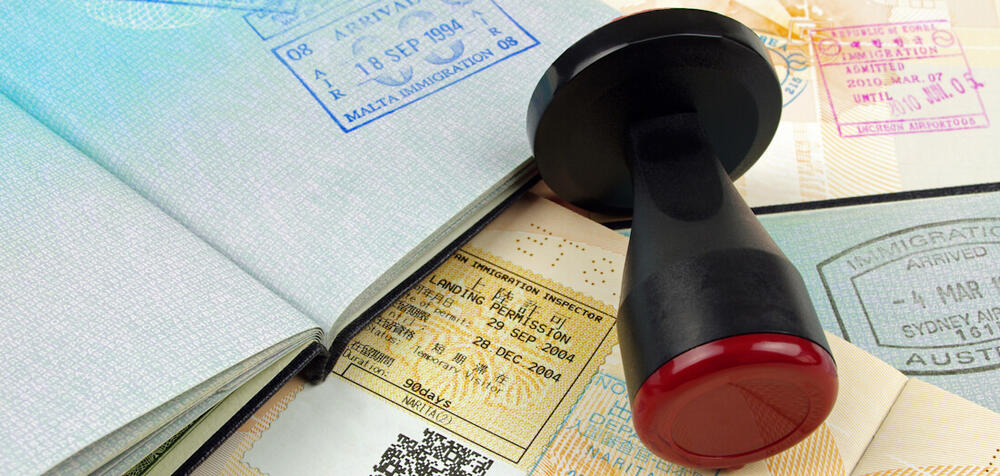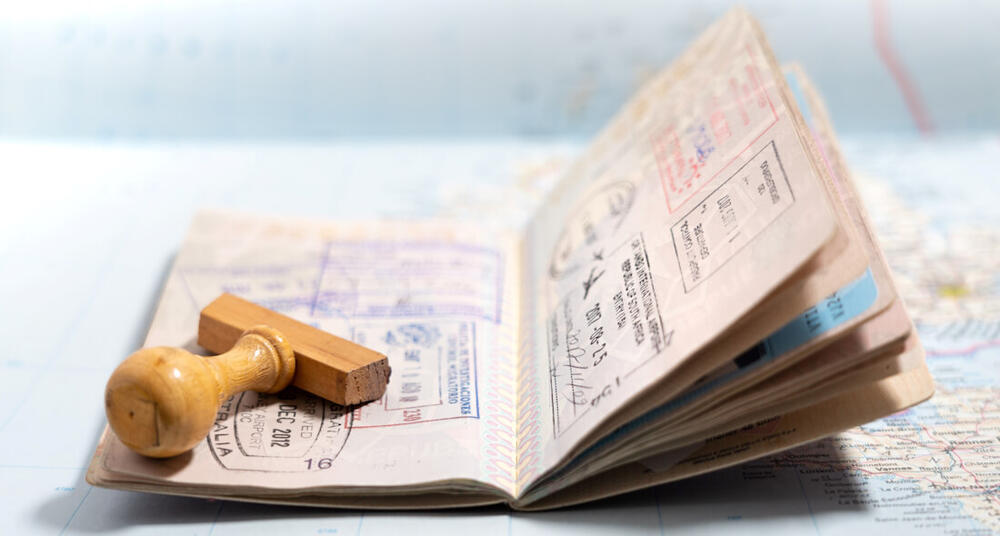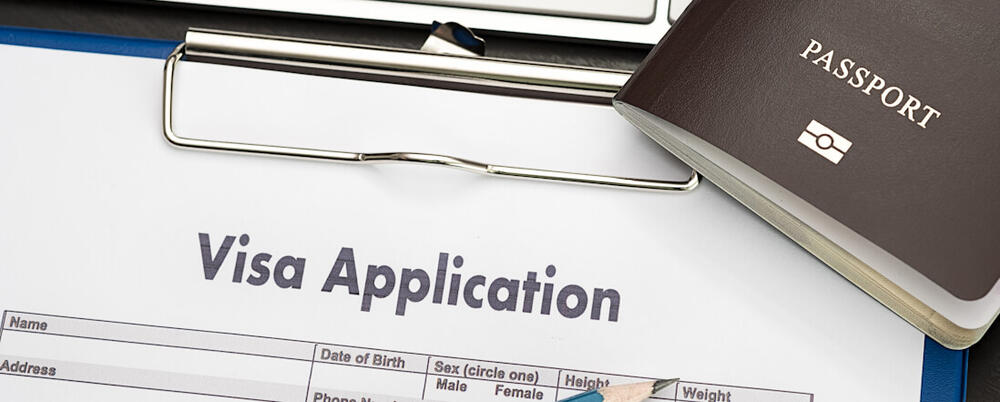For many years, Germany has been one of the most popular expat destinations in Europe, but living in Germany also comes with its challenges.
The country has plenty of job opportunities and excellent infrastructure. However, when you first move to Germany, you might experience some culture shock due to the language barrier and the more traditional aspects of the culture.
Below are some of our biggest pros and cons of moving to Germany.
Accommodation in Germany
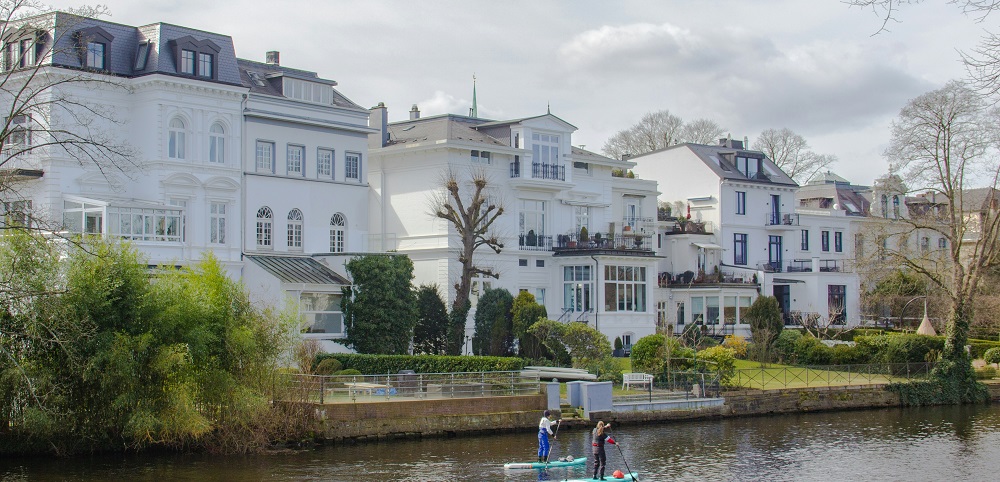
+ PRO: Comfortable and high-quality housing
Although accommodation in Germany can be small, most rental properties are comfortable and built to exceptional standards. There are many options, ranging from maisonettes and large suburban houses to stylish studio apartments in the city centre.
- CON: Unfurnished rentals are common
Many of the rental apartments in Germany come completely unfurnished, often without kitchen cabinets or even light fixtures. This can be jarring and expensive if you are from a country with a different rental market. Fortunately, it’s easy to buy second-hand furniture from expats who are returning home, and the local furniture shops are reasonably priced.
Cost of living in Germany
+ PRO: Low cost of living
Overall, the cost of living in Germany is on par with the rest of Western Europe. Basic needs such as food, electricity, internet, and clothing are all relatively affordable. Barring the city centres of Munich and Frankfurt, even accommodation is relatively cheap, depending on where you choose to live. Germany is relatively inexpensive compared to coastal cities in the US and other major European countries.
- CON: Extreme tax deductions
The biggest con of living in Germany is the high tax deducted from a worker’s pay. Depending on your salary, income tax can be as high as 40 percent of your income. The upside of these high taxes is that they allow many subsidies, including free education and healthcare.
Local culture in Germany
+ PRO: Locals are disciplined and punctual
Expats are frequently surprised at the Germans’ punctuality and discipline. But, once acclimatised, you’ll find it refreshing. You’ll also notice that work culture, and life in general, is significantly improved because of it.
- CON: Locals aren’t particularly friendly
Many expats report finding Germans rather unwelcoming at first. This can be intimidating for newly arrived expats, but once they settle in, they usually deduce that this brusque attitude isn’t personal.
Generally speaking, Germans can be tough to engage with, but once you immerse yourself in the local culture and perhaps learn the language, you’ll find that the locals will warm up to you.
- CON: Language barrier
Although most Germans speak English well, there’s a general reluctance from their side to speak the language. Germans often won’t speak English in certain situations out of embarrassment or simply because they don’t want the exchange to last too long. The German language can also be difficult to learn, but it’s certainly worth it if you plan to be a long-term expat.
Working in Germany

+ PRO: Good work-life balance
Working in Germany offers an excellent work-life balance. Munich, Hamburg, and Berlin are frequently ranked among the top 10 ‘most liveable’ cities in Germany. Germans tend to negotiate for more flexible working hours and often prioritise their families over work.
- CON: Rising through the ranks can be tough
Since Germany has such a large pool of highly educated workers, competition for top positions can be fierce. Rising through the ranks can be challenging for many workers, but it’s especially true for foreigners. There’s a definite glass ceiling in workplaces in Germany that only a few get to break through.
Lifestyle in Germany
+ PRO: Easy access to other European countries
Many expats enjoy living in Germany, as travelling to other European countries is easy. You can simply get on a bus or train or even rent a car and experience a completely different environment within a few hours. This proximity makes weekend trips to France, Belgium, and the Czech Republic eminently possible.
- CON: Bland food
Although Germany is known for its excellent beer and delicious pretzels, the local cuisine can be limited. Although expats from other European countries may not notice it as much, those from more exotic countries may struggle with daily meals comprising bread and potatoes.
Healthcare in Germany
+ PRO: High standard of healthcare
The healthcare system in Germany is highly modern and well-developed. Most hospital workers can speak English, so you won’t experience language barriers. Hospital staff, in general, tend to be friendly and efficient, and hospitals are equipped with state-of-the-art technology.
- CON: Public health insurance can be slow
Sometimes, the government can take a long time to pay medical providers. This can make setting an appointment or finding a new doctor with state insurance challenging. There’s a noticeable difference between how those with private medical insurance are treated compared to people on public insurance.
Getting around in Germany

+ PRO: Excellent public transport options
Germany has a great public transport system. You can easily get across the country and even travel to neighbouring countries by train and bus. Cities are also well serviced by local bus, train and tram systems, so much so that many expats don’t feel the need to buy a car.
- CON: Cycling is not that straightforward
You must follow many strict rules when cycling in a German city. Not following these rules will anger other road users and can result in fines. Vehicles also tend to use bicycle lanes for their own purposes, making it difficult to get around on a bike.


